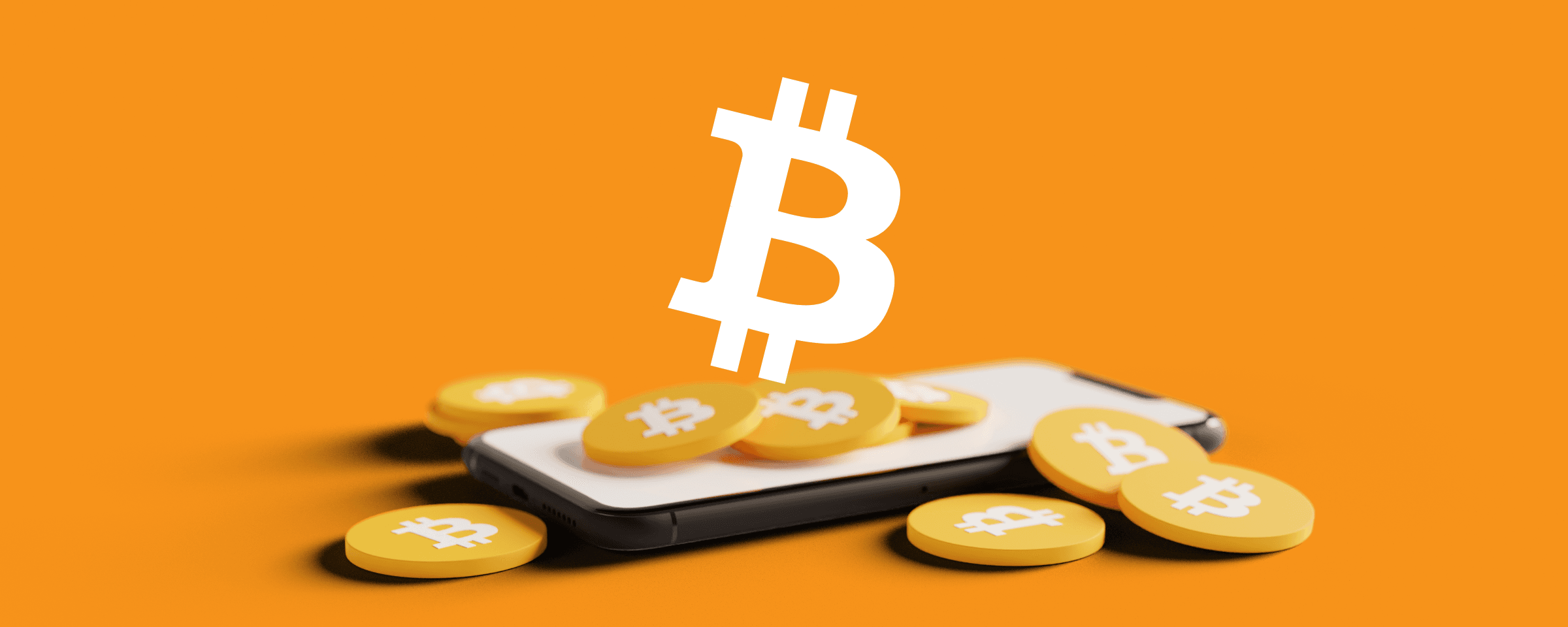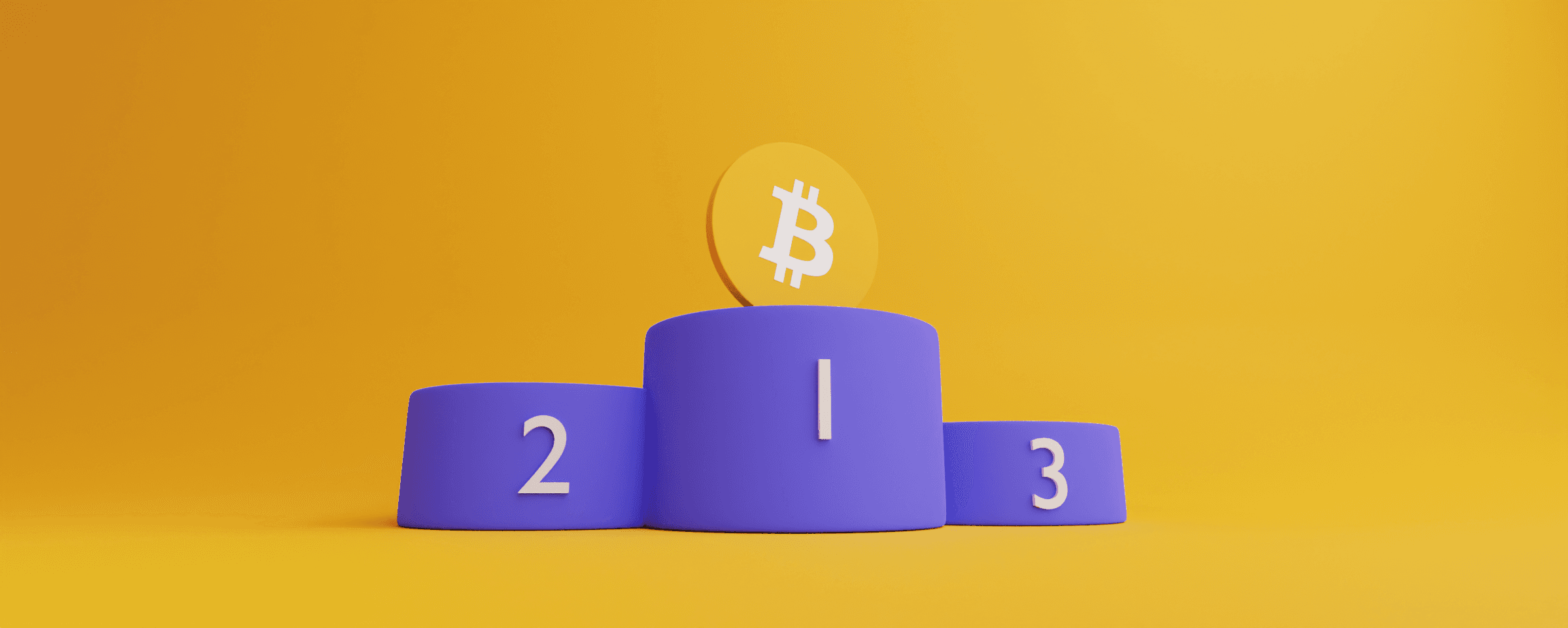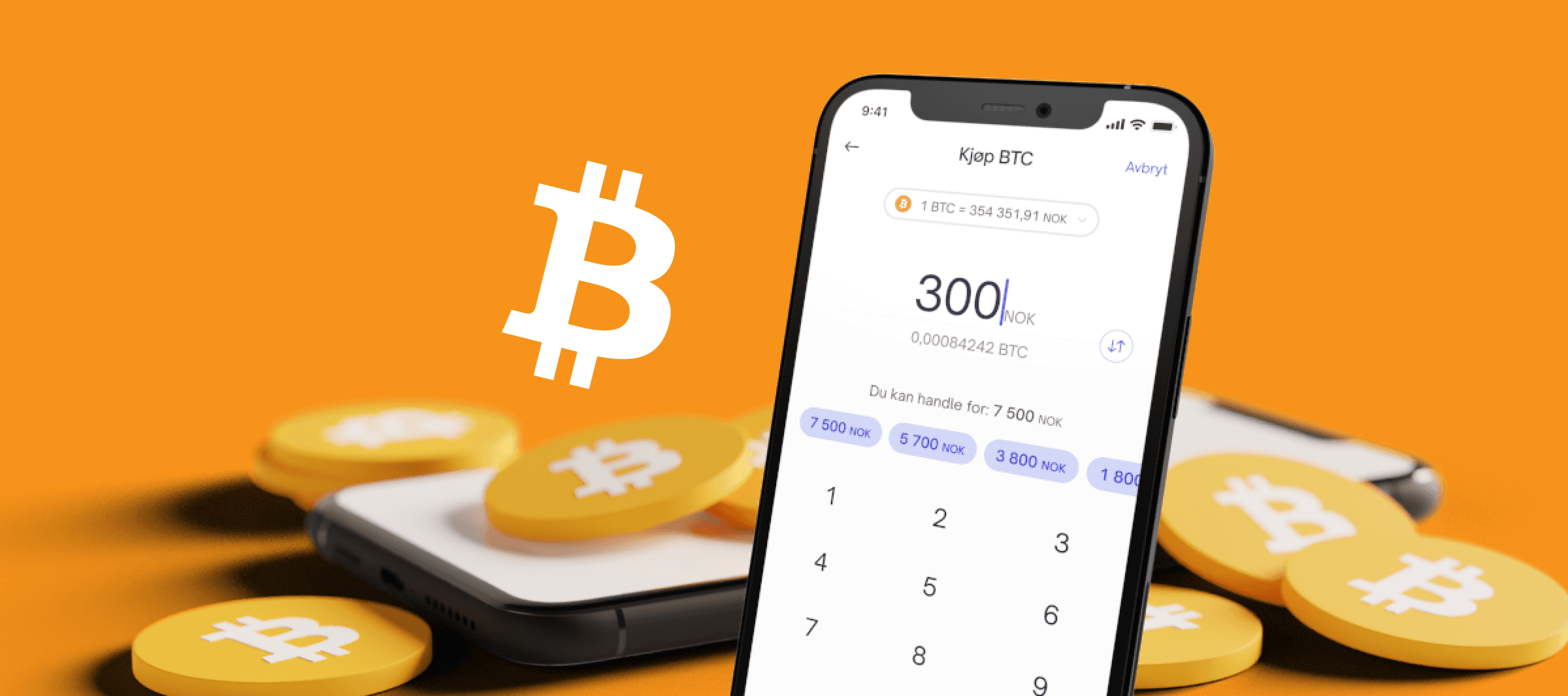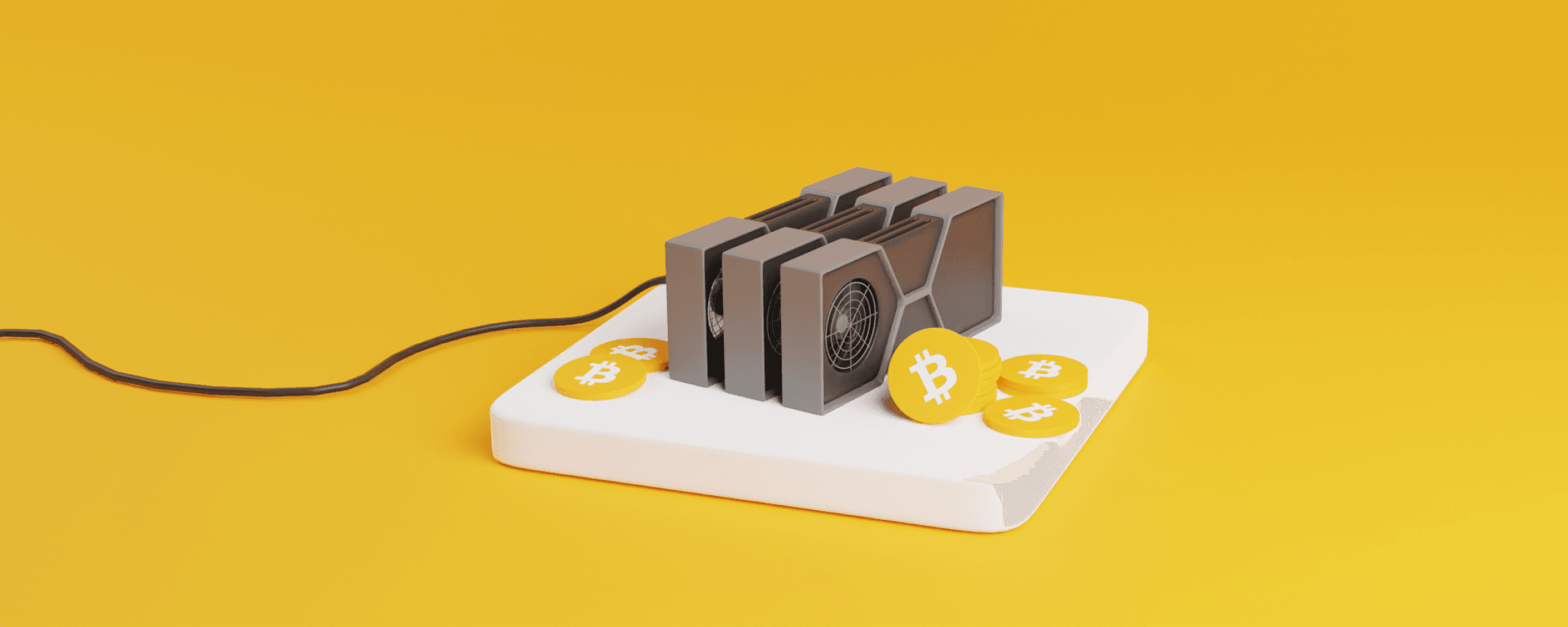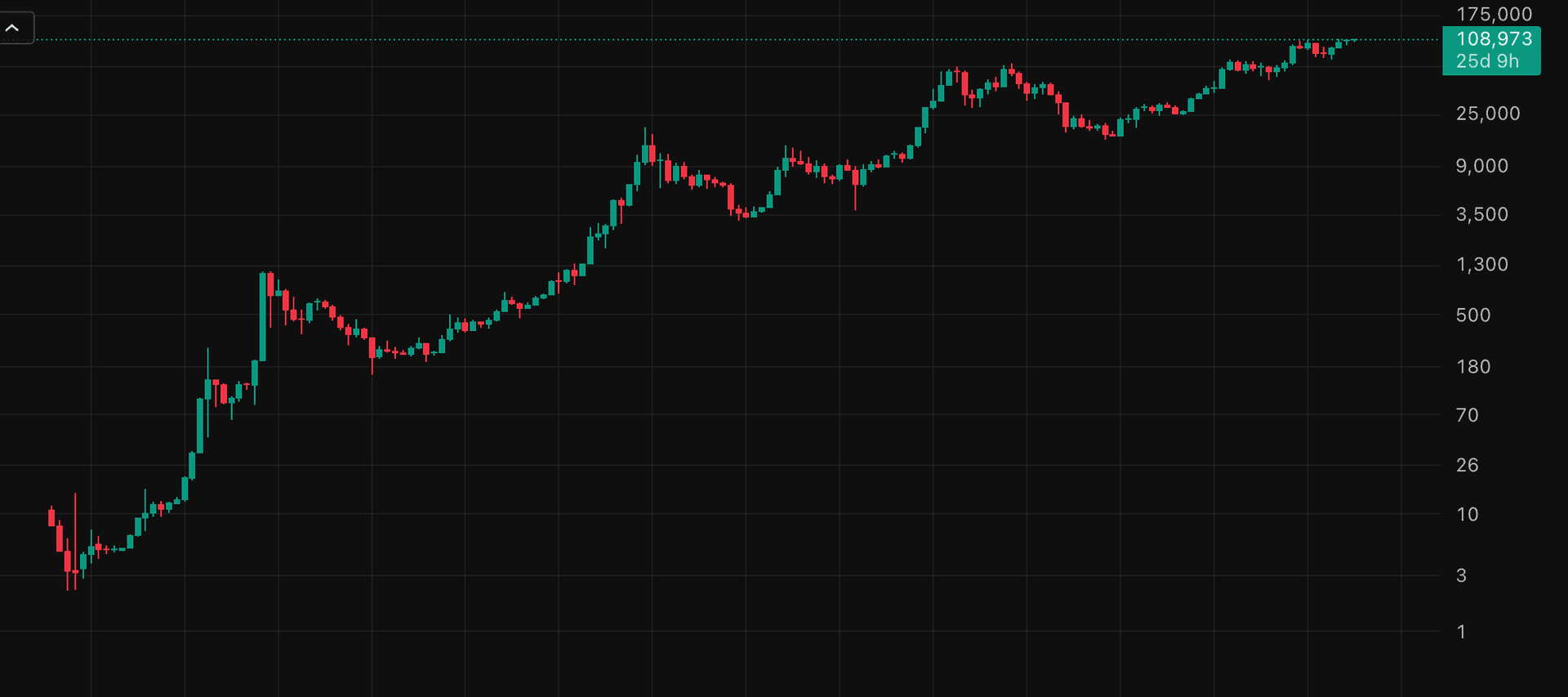There are primarily two ways you can buy bitcoins. You can either buy bitcoins via a crypto exchange, or you can buy bitcoins from a private person who wants to sell their bitcoins.
Regardless of the method you use, you need to store your bitcoins in a digital wallet for cryptocurrency.
You can choose between creating an account on a crypto exchange and letting the crypto exchange take care of your cryptocurrency for you (your wallet is secured by the exchange), or creating a decentralized Bitcoin wallet where you are responsible for the storage and security of your bitcoins.
Buy and store bitcoins with a crypto exchange like Firi
An easy and cheap way to buy and store bitcoins is through a crypto exchange like Firi. Firi makes it easy to buy, sell and store your bitcoins and other cryptocurrencies.
When you create an account through Firi, a Bitcoin wallet is generated for you automatically. In practice, this means that Firi securely stores your bitcoins for you and that you do not have to deal with the security of your Bitcoin wallet.
You can access your Bitcoin wallet by logging in to your user by email or tip, and by verifying yourself with BankID. You can easily send and receive bitcoins to your wallet at Firi from other exchanges or other Bitcoin wallets.
Cryptocurrency can be bought 24/7, and Firi makes it easy to switch between bitcoin and NOK. In less than one business day, you can also sell your bitcoins and several other cryptocurrencies for NOK to your bank account if you wish.
Store bitcoin in a decentralized wallet
Because Bitcoin is a decentralized network, it is possible to create a separate, private Bitcoin wallet where you can store your bitcoin.
When you create a digital wallet directly on the Bitcoin network, you receive what is called a public key (public key) and a private key (private key) that is associated with your wallet.
A public key can be compared to an account number for your Bitcoin wallet. For example, if someone is going to send you bitcoins, they need access to your public key that is associated with your Bitcoin combo book.
Du kan trygt sende andre din offentlige nøkkel. En offentlig nøkkel er en kombinasjon av bokstaver og tall som er unike for din Bitcoin-lommebok.
A private key can be compared to the password of your digital wallet. A private key is a combination of letters and numbers that are unique to your Bitcoin wallet.
A private key can also be generated in the form of a seed phrase, which in practice is a backup copy of your private key. If someone has access to your private key or your seed phrase, they will also have access to all of your cryptocurrency. It is therefore important not to share your private key with anyone.
It is important to note that a Bitcoin wallet only supports bitcoins. For example, if you send bitcoin from a Bitcoin wallet to an Ethereum wallet, the bitcoins that will be sent will be gone forever without you being able to access them.
Unfortunately, at the moment, the Bitcoin and Ethereum blockchains do not "talk to each other" well enough to notify you or reverse your transaction when you send Bitcoin to an Ethereum address. Therefore, remember that they are two different blockchains, with different addresses.
It is very important that you pay attention to which public key you send and receive cryptocurrency on.
The most common way to buy bitcoins is through a cryptocurrency exchange. Firi makes it easy to buy bitcoin and other cryptocurrencies for Norwegian kroner. After you have purchased cryptocurrency from Firi, you can choose whether you want Firi to store your cryptocurrency for you, or whether you want to send it to a separate decentralized wallet.
When you create a decentralized Bitcoin wallet, a public key (public key) is generated that acts as an account number and a private key (private-key) that acts as a password for your wallet. If someone gets hold of your private key, they will have access to all of your cryptocurrency. No key player can help you get your money back if you lose access to your private key.
